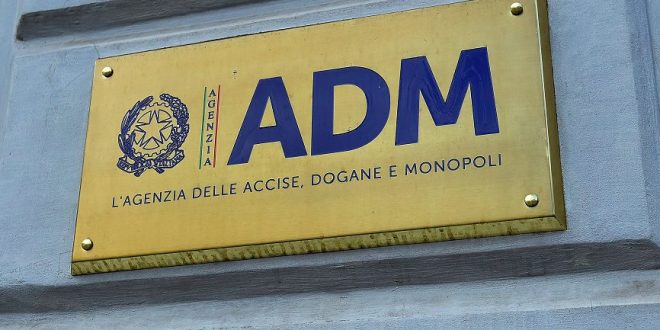Italy will undertake a comprehensive overhaul of its gambling laws, as Parliament has officially authorised the approval of the ‘Tax Delegation Law’.
The legislation recognises Italian gambling as a sector requiring a “reorganisation of tax duties and the introduction of new player protection measures that aim to create a more transparent and accountable industry”.
As such, the Italian government will attempt its fourth go at overhauling gambling sector laws, previously hindered by a decade of consecutive government changes and disruptions.
2023 proceedings saw the Ministry of the Economy and Finance appoint Deputy Minister Maurizio Leo, in charge of a ‘special delegation’ drafting reforms to modernise the Italian gambling market.
Having settled on the framework of changes, Mario Lollobrigida, the Head of Gaming at the Agency of Customs and Monopolies (ADM), will be entrusted with coordinating the next phase of legislation.
An initial timeline sees the government expecting the ADM to put forward a draft of the legislative decrees by 20 September.
Phase 1 of Italian gambling’s modernisation will focus on overhauling the concession model for Italian gambling franchises and will further adopt a fixed standard of rules to operate gambling venues within the nation’s 20 administrative regions.
Additionally, improvements required in player protections will see the ADM review stake limits, machine payouts, mandatory training of staff, and a ban on wagering on ‘underage sports events’.
The government has been recommended to overhaul Italy’s self-exclusion scheme, noted as a “high priority essential for the protection of vulnerable consumers”.
Endorsing change, Maurizio Leo and the Meloni government emphasised the importance of the gambling sector, “contributing €11bn to the government each year and employing around 150,000 people”.
Despite the setbacks of the 2020 and 2021 COVID-19 pandemic, the Italian gambling market displayed impressive resilience. By 2022, the market witnessed a significant upswing, with the gross gaming revenue surging by 31% to reach €19.6bn and tax revenues growing by 28%, amounting to €11.2bn.










